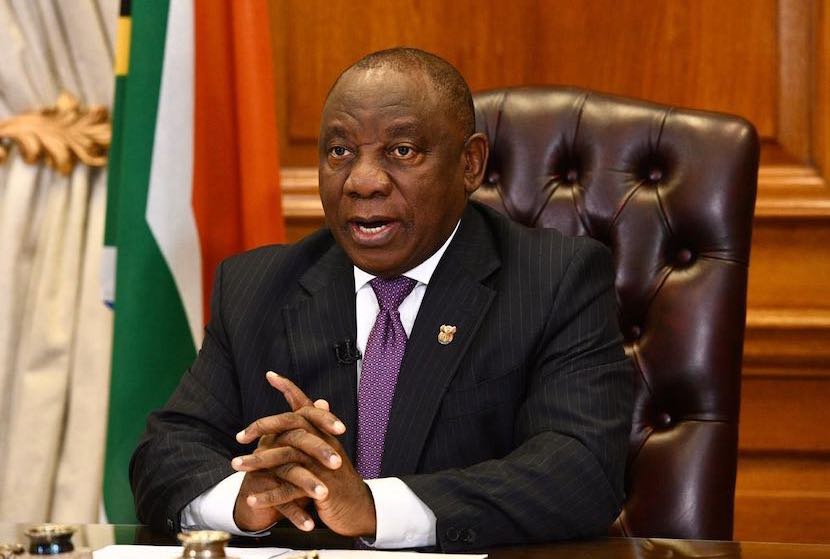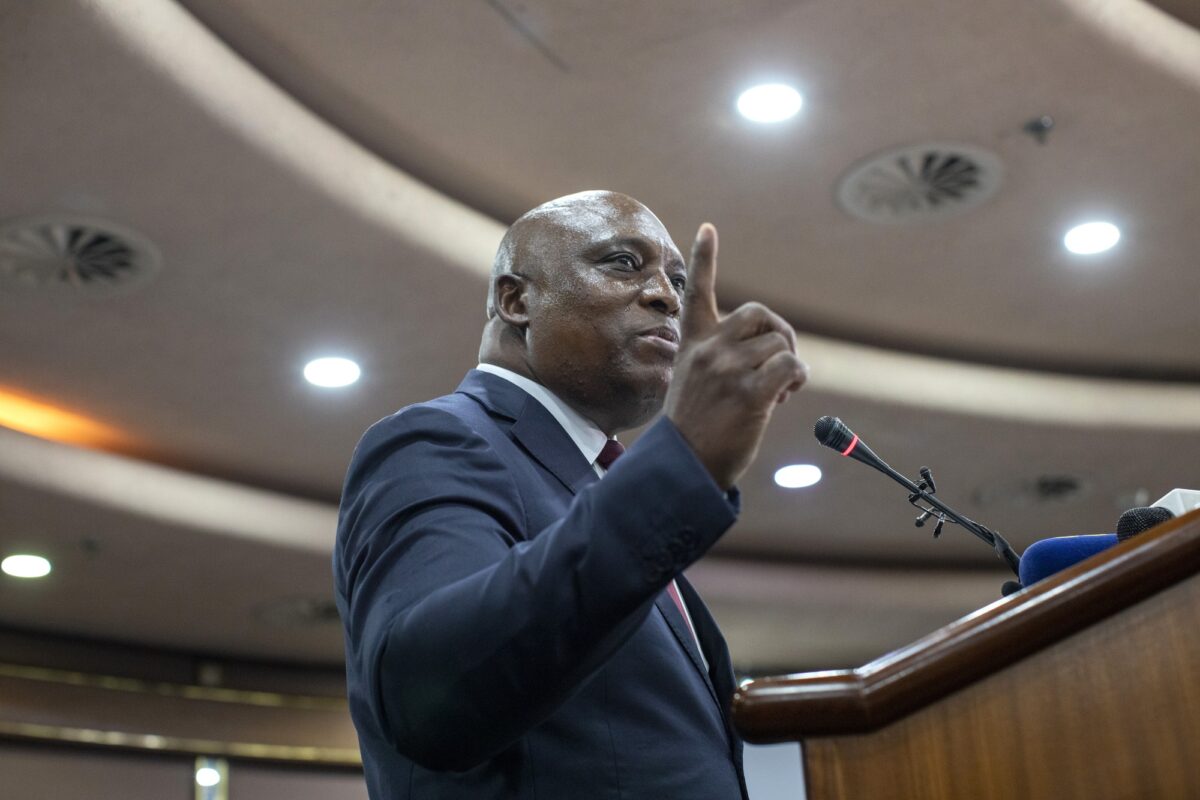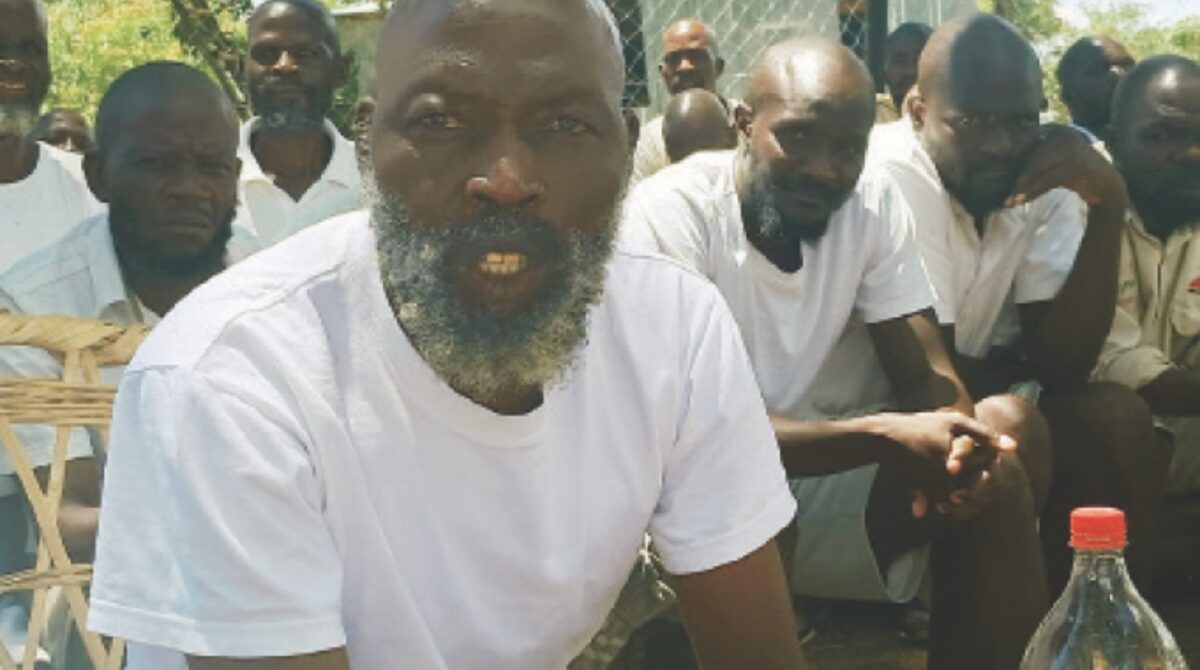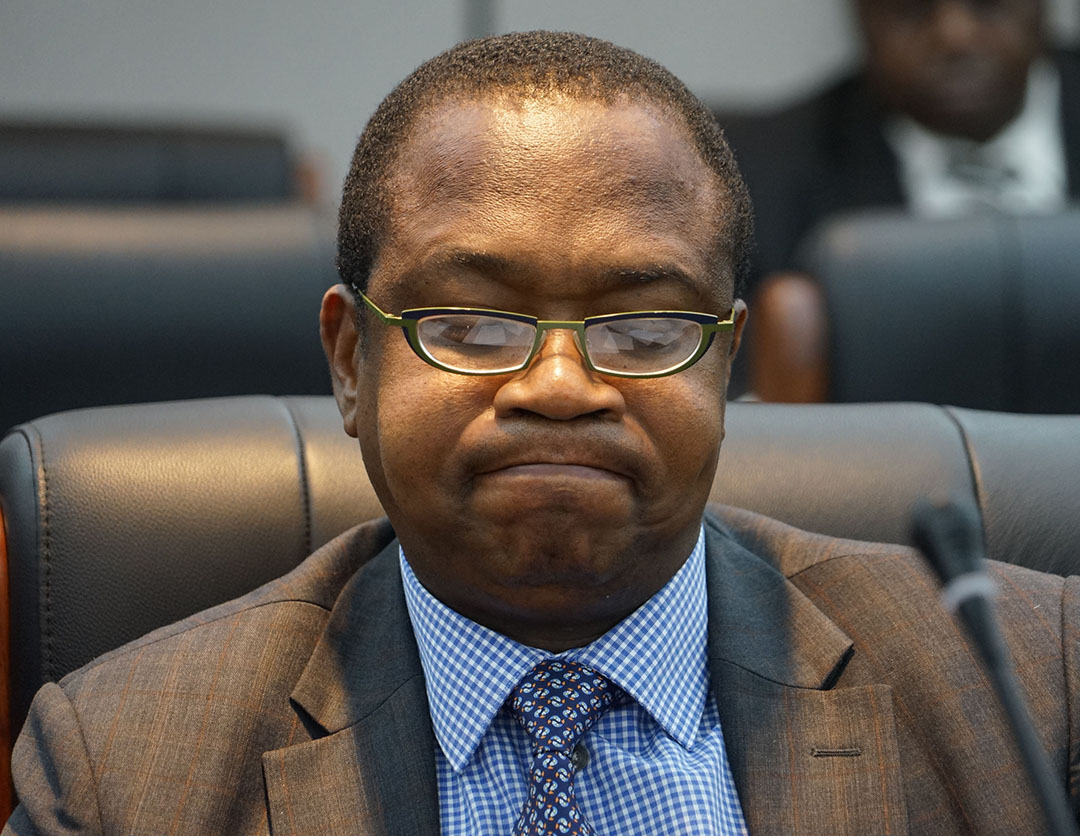JOHANNESBURG, South Africa – South Africa is re-opening its borders to international visitors from October 1, President Cyril Ramaphosa announced on Wednesday as he told his nation that they had “withstood the coronavirus storm.”
The announcement is a boost for South Africa’s travel and tourism sectors which are largely dependent on high-spending foreign tourists.
The easing of travel restrictions is part of Ramaphosa’s plan to shift the country to the lowest level of coronavirus lockdown in a five-level system from September 21.
“We will be allowing travel into and out of South Africa for business, leisure and other travel with effect from October 1, 2020,” he said in a televised address.
Travel may be restricted to and from countries that have high infection rates and based on the travellers meeting certain conditions, he added.
The announcement comes after six months of imposing one of the strictest lockdowns in the world which hit the continent’s most industrialised nation hard, setting its economy back by 13 years and pushing millions more into unemployment where almost a third of the workforce was already jobless.
But the number of new cases started receding from August with the current average daily rate of new cases below 2,000 and recovery rate at 89 percent, Ramaphosa said.
The President also eased the overnight curfew on the movement of people and increased the limit on social, religious and political gatherings to 50 percent of the capacity of a venue, allowing 250 people for indoor gatherings and 500 people for outdoors.
Recreation and fitness centres have also been allowed with 50 percent capacity, although sporting events are still restricted.
“Now is the time to return our country, its people and our economy to a situation that is more normal, that more resembles the lives that we were living six months ago. It is time to move to what will become our new normal for as long as the coronavirus is with us,” Ramaphosa said.
South Africa’s Level 1:
– Social, religious, political and other gatherings will be permitted, as long as the number of people does not exceed 50 percent of the normal capacity of a venue, up to a maximum of 250 people for indoor gatherings and 500 people for outdoor gatherings.
– Health protocols, such as washing or sanitising of hands, social distancing and mask-wearing, will need to be strictly observed.
– The maximum number of people who may attend a funeral is increased from 50 to 100 due to the higher risk of viral transmission at funerals. Night vigils are still not permitted.
– Venues for exercise, recreation and entertainment – such as gyms and theatres – which were limited to no more than 50 people, will now be allowed to accommodate up to 50 percent of their venue’s capacity as determined by available floor space, subject to social distancing and other health protocols.
– Existing restrictions on sporting events remain in place: no spectators.
– The hours of curfew have been changed. The curfew will now apply between midnight and 4AM.
– The sale of alcohol at retail outlets for home consumption is now permitted from Monday to Friday, from 9AM to 5PM.
– Alcohol will be permitted for on-site consumption in licensed establishments only and with strict adherence to the curfew.
– Travel into and out of South Africa for business, leisure and other travel allowed with effect from 1 October 2020. Travel may be restricted to and from certain countries that have high infection rates. A list of countries will be published based on the latest scientific data.
– Travellers will only be able to use one of the land border posts that have remained operational during the lockdown or one of the three main airports: King Shaka, OR Tambo and Cape Town International Airport.
– On arrival, travellers will need to present a negative Covid-19 test result not older than 72 hours from time of departure.
– Where a traveller has not done a Covid-19 test prior to departure, they will be required to remain in mandatory quarantine at their own cost.
– All travellers will be screened on arrival and those presenting with symptoms will be required to remain in quarantine until a repeat Covid-19 test is conducted.
















